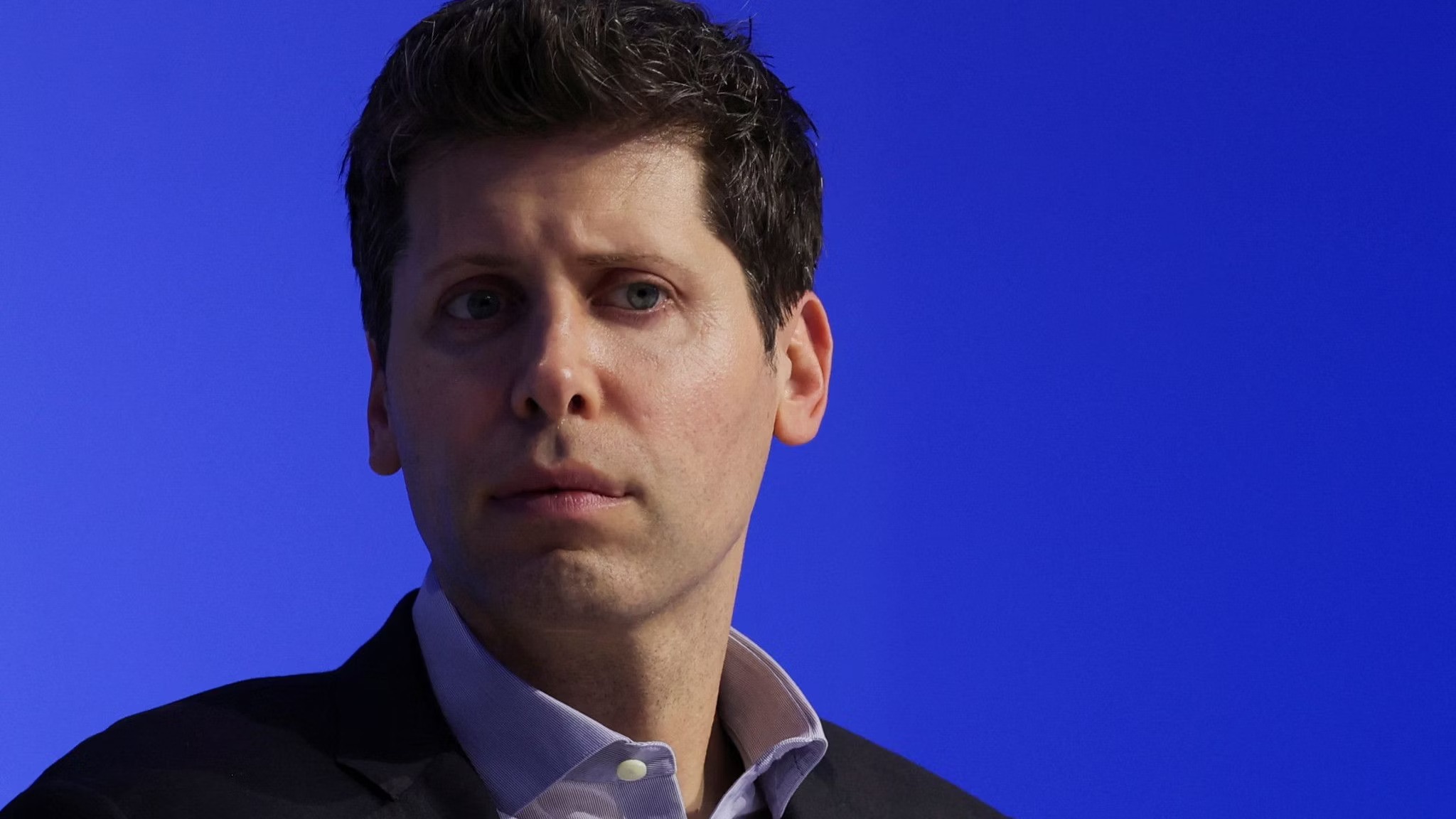
As many readers know, OpenAI is currently embroiled in a closely watched, high-profile lawsuit with Elon Musk. He charges the nonprofit organization with straying from its initial nonprofit charter—to create artificial general intelligence (AGI) and distribute it broadly. Musk’s lawsuit goes straight to the heart of OpenAI’s recent decision to switch to a for-profit structure. Pulling this change has sparked even more outrage among her ex-colleagues and triggered investigations by the attorneys general of California and Delaware.
The crux of the fight today is Musk’s assertion that OpenAI has deviated from its original nonprofit mission. These roots were planted in the organization’s founding charter. That’s why the recent testimony by a group of former employees is so alarming. They contend that the proposed transition to a for-profit model would violate the organization’s foundational purpose of developing AGI in a manner that benefits humanity.
Legal Struggles and Corporate Transition
Elon Musk’s lawsuit against OpenAI and Microsoft highlights the tension surrounding OpenAI’s restructuring plans. The federal court has already denied several of OpenAI’s motions to dismiss claims made in Musk’s suit, indicating the seriousness of the allegations. Amid these legal challenges, OpenAI has proposed a new restructuring plan following discussions with Delaware and California’s attorneys general, aiming to address concerns raised during the ongoing legal scrutiny.
California and Delaware’s attorneys general are currently reviewing OpenAI’s new proposal. In December of last year, OpenAI announced a blueprint. They wanted to insulate their for-profit side from the influence of their nonprofit board. Stephen Diamond, a corporate governance professor at Santa Clara University, emphasizes the uncertainty about how successful this transition will be. What comes next is hard to say.
“My sense is there’s enormous intellectual property value at the OpenAI nonprofit level.” – Stephen Diamond
OpenAI’s new PBC ownership structure raises a lot of interesting questions. How will this clarity stand, for instance, if the organization were to choose at some point to pursue an initial public offering (IPO)? That’s why the cloud provider that’s partnering with OpenAI is taking such extreme action. With this changed structure, they are committed to protecting their sizable investment in the company.
Concerns from Former Employees and Legal Experts
OpenAI is still in the midst of its restructuring campaign. At the same time, former employees are expressing alarm at how they believe all of these changes will impact the organization’s mission. They contend that an eventual conversion to a for-profit model would weaken any assurance or guarantee that AGI would be distributed widely and fairly. Yet this sentiment echoes Musk’s own criticisms, which allege that OpenAI is straying from its stated mission.
Experts like Rose Chan Loui emphasize that the viability of an IPO might be jeopardized under the current circumstances. She stated, “I think an IPO is much harder in this scenario.” This statement reflects the growing apprehensions regarding the future of OpenAI and its ability to maintain its core mission while navigating corporate challenges.
Diamond takes a deep dive into the complexities behind OpenAI’s suggested PBC structure. He pointed out, “If the PBC doesn’t own and control the core IP, but are just licensed to use it, then what’s the IPO? That’s the challenge.” These revelations help paint the picture of the tightrope OpenAI has to walk, with its for-profit desire and its nonprofit origin.
Implications of Musk’s Lawsuit
Musk’s lawsuit is more than just a legal nuisance. It raises critical questions about the path forward with AI development and corporate responsibility. Marc Toberoff, his lead counsel, said that OpenAI’s recently announced corporate restructuring plan “doesn’t alter a thing.” He proposed that outside pressure may have forced this latest attempt to conform with legal mandates and moral expectations.
Whether OpenAI’s big bet on restructuring pays off will be determined in large part by how well it mitigates these criticisms and returns to its original mission. At this time, the organization stands on the verge of an existential moment. It needs to restore stakeholder confidence in its commitment to develop AGI ethically and responsibly, all while deftly avoiding thorny legal implications.
Author’s Opinion
OpenAI’s pivot toward a for-profit model raises significant ethical and legal concerns, especially when it involves an ambitious mission like AGI development. The company faces a delicate balancing act: staying true to its nonprofit origins while navigating the business realities of the tech world. The ongoing lawsuit from Elon Musk underscores the urgency of this transition, and how OpenAI handles it will likely determine its future in the AI space.
Featured image credit: Heute
Enjoyed this article? For more stories like it, click the +Follow button at the top of this page to follow us on MSN.
